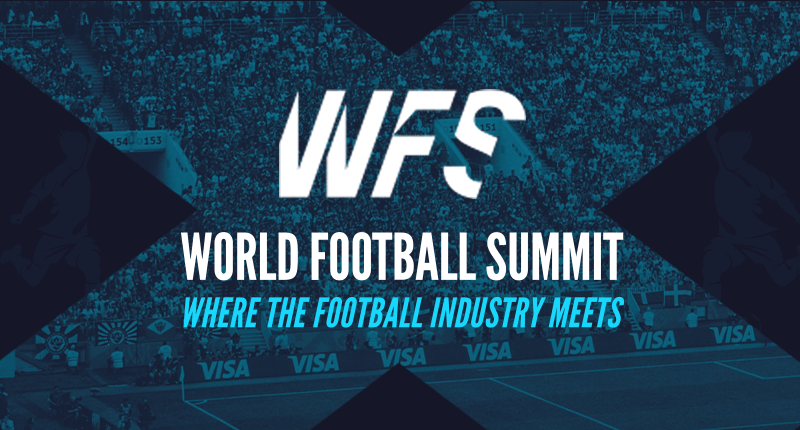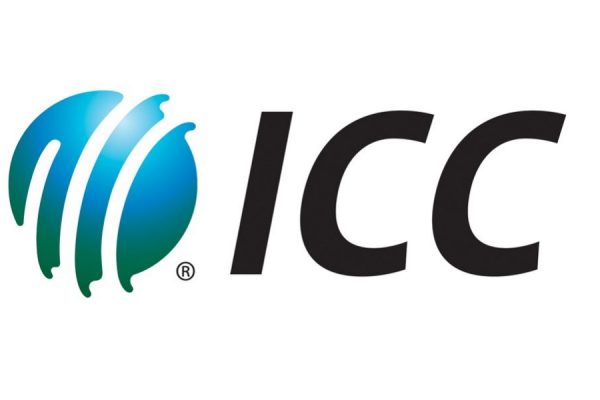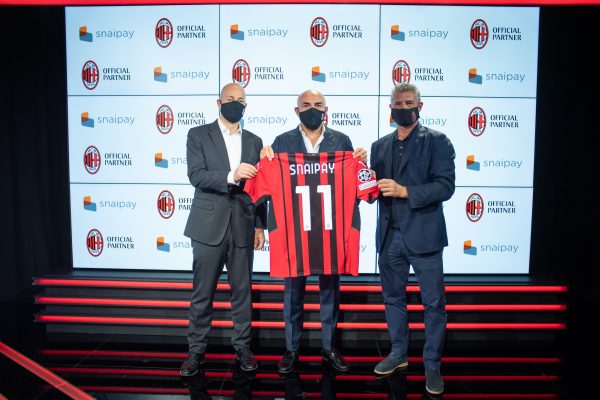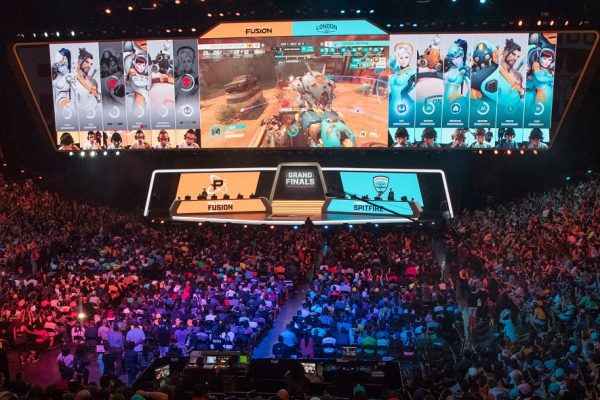Professor Simon Chadwick is a researcher, writer, academic, consultant and speaker with more than twenty-five years experience working across global sport. He has particular expertise working at the intersection of sport, business, politics and technology, specifically in a Eurasian context.
Huffington Post identified him as being among the world’s top-30 most important sports marketers; The Independent ranked him amongst its top-10 most influential business people on Twitter; and The Times described him as Britain’s ‘guru of sport management’. Chadwick is Director of Eurasian Sport at Emlyon, a global-top-50, triple accredited business school. The Playknox spoke to him about what the COVID19 means for the global sporting realm.
How can sporting clubs/organisations minimize the damage being caused? What is the way out for them since they will be incurring huge financial losses?
Sports clubs and organisations could cut their costs or can build their revenues. Obviously, cutting costs is a tricky one. We have already seen the Premier League clubs trying to do that by using the British government’s furlough scheme but that is hugely controversial. Especially when you have athletes, players, managers, coaches who are on very high salaries when the rest of the staff within the organisation are not. So cost cutting is a tricky one as it requires careful management and also requires some consensus.
The alternative is to build revenues. It’s a tricky one because people are not going to spend right now. People are losing their jobs, being furloughed and so its easy and flippant to say just increase revenues but this does lead into a very interesting issue. My view is those organisations ( not just in sports but generally) get through this in the best possible state are going to be those organisations that are lean and agile and responsive and fit and what they will be able to do is think very quickly about opportunities that the current crisis is creating for them. And then they will have the culture and the resources to be able to take advantage of those opportunities. I am not suggesting financial resources necessarily. I am actually just talking about resources like creativity and innovative and willingness to take a risk to do something different than what you normally do.
What do you think the new world order will look like for the sporting realm?
I think in the lead professional sports whether you are talking about leagues or competitions or events or teams, I foresee one of the four scenarios:
Scenario one – many people talk about a reset moment. So often you hear many people talk about resetting sport and in some ways that’s a very seductive notion but I also think it’s a very romantic nostalgic one. But somehow we can go back to a point in the past and almost like start over again. I would argue that that’s problematic for a host of reasons. Not least in terms of what you are resetting to and at what point are you resetting to. And even if you say we are resetting to 1965, how do you get people to buy into that. So that’s one scenario.
Scenario two – My feeling is it is going back to where we came from. Six or seven weeks ago and again this is quite seductive because it implies that somehow life will just go on as normal and I think this is what many of us have come from and we would feel if not comfortable then certainly easy going back to it. But ofcourse we are a long way from six week ago now and the other thing is for many many years if not decades, people were constantly complaining about the problems associated with having IPL always dominate sport in India or about having Manchester City dominate football in England or about McLaren always dominating Grand Prix racing. So where you came from is an issue as well.
Scenario three – what happens next is what I would call “hypernormalisation” so same names, same characters in the drama, same powerful people, same decisions being made on the same basis but crucially with one big difference which is that you would have the fittest, the strongest to survive this period coming out of it into the next period much more powerful. Having survived they would get bigger and stronger and more powerful but I also think you would have those smaller organisations weaker, less responsive, less agile, less able to incur financial losses falling by the way side. So what economies would call industrial concentration so large parts of the market being serviced by a very small number of very powerful organisations.
Forth scenario for me would be – a new kind of sport. We have seen console gaming become stronger and more popular. We are also seeing things like driving football games where football matches are played behind closed doors and people drive their cars to the car park of the football stadium and watch the game on big screen and certainly there are examples of these for eg. In Denmark they are already being proposed. This would be a completely new era, completely new type of sports that I think reflects what we have been doing over last few seven weeks but also plays into big megachanges we have seen over the last five years.
What does the situation mean for sponsors/broadcasters in sports? How can they survive?
There are many sponsors, broadcasters which have a very close relationship with sports that you have to wonder what it would take to damage/undermine such relationships. But I think its difficult to know, for eg. EPL and SKY are actually thinking about the current situation. They have had a relationship for 30 years and I am sure SKY are not going to throw the baby out with the bath water and terminate their deal with the Premier League just because PL doesn’t finish the 2019/20 season. I think there are bigger and more powerful organisations but also more deeply embedded and stronger relationships out there.
For the time being atleast they will endure and be sustained throughout this crisis period. But otherwise I think there are some really trusting points that come out of this in the sense that sponsorship really is a essentially 20th century North American free market commercial activity and now what you have is ideologically image changing sport where we are beginning to see governments stepping into industries, economies and even into sports. What this is raising is all kinds of questions about is on what basis should sport be delivered and what should be the role of the government and what should be the role of the private sector, business.
My view would be to rather say that this deal would go, its really good to think in terms of what role, what social role, what public role could or should broadcasters and sponsors put in the future. Both of them would be keen to do is to yes make money, that’s what they are in the business for but in many ways they may find their activities moderated by people in market and stakeholders who want businesses to behave differently than how they behaved over the last 20/30 years
You think Esports popularity has risen in these few months?
There can be no real doubt that console gaming and digital consumption of sport and what we could call new forms of engagements with sports have risen during the lockdown. For instance we are seeing Formula One races being staged involving drivers and fans which I think was always on agenda but has been fast forwarded up the agenda and so we now see this kind of event happening. We saw some really funny examples of for instance English football team Southampton playing a Dutch football team on Twitter which I think was a very funny response to the lockdown.
What we do know is that people are getting lot of screen time; for younger people in particular their screen time very often involves console gaming. Whether or not you call it sport is a different matter and this race is the first issue and I think its important to mention that eSports is a very broad term because on one level you do have a person sat in one part of the world and another sat in one part of the world playing games against each other.
We have also got for instance the Legends which many people might not consider sports in a conventional sense but there is no doubt that pre virus the Legends was becoming something of a phenomenon but the issue with the League of Legends is that whilst there was online gaming taking place inside the arena with huge crowds of around 40 to 50 thousand people in venues. But this can’t happen now for obvious reasons so while I think eSports has strengthened its position in the sporting ecosystem, I don’t think that eSports has been immune to the effects of the virus. And if you look at one of the developments that were supposed to be rolled out in the UK this year was the creation of teams in different parts of the country which has been postponed due to the virus.
How are sports education institutes dealing with the situation? Can you tell us what you are doing?
Educational Institutes around the world are simply trying to cope because in many ways what’s happening in the universities is the same challenge as for sport in general: how to get last year student’s finished and then look ahead to getting next year students started. This is a bit like getting last season finished and next season started and so what you will typically find is that institutions have quite dramatically moved online and shut down their face to face operations and that characterizes my business school. We went from having nearly a thousand face to face courses in one week to having no face to face courses the next week and everything being online. At the same time that involved 10K plus students who one week were sat in the classroom and next week they weren’t.
It has impacted us in terms of the experience that we provide to the students because Emlyon places huge value on not only international experience but students getting experience in the industry. So currently I would be with Masters students from our sports programme in Asia specifically at our Shanghai campus right now. But it can’t happen as China is not allowing foreigners in and our campus is currently closed to students. Similarly, what we would do is get students into companies but many companies now are effectively shut. So we are trying to cope as best as we possibly can and from our perspective what we are trying to do is to be as flexible and responsive and lean and agile as possible and trying to connect students in the best possible way as we can.
One of the thing we have been trying to do is to start initiatives on Twitter and LinkedIn which we call #SportsAssist which is just trying to create a community of academics and students and practitioners who can connect with one another through webinars, through Twitter threads, LinkedIn discussions just to try and support in the best way that we can. But we certainly have students working on online projects for companies, we have students taking online classes and we are looking at new developments that will account for not only the current situation but look ahead what we believe to be the potential post COVID19 situation. I think it is the same for us and same for others too







